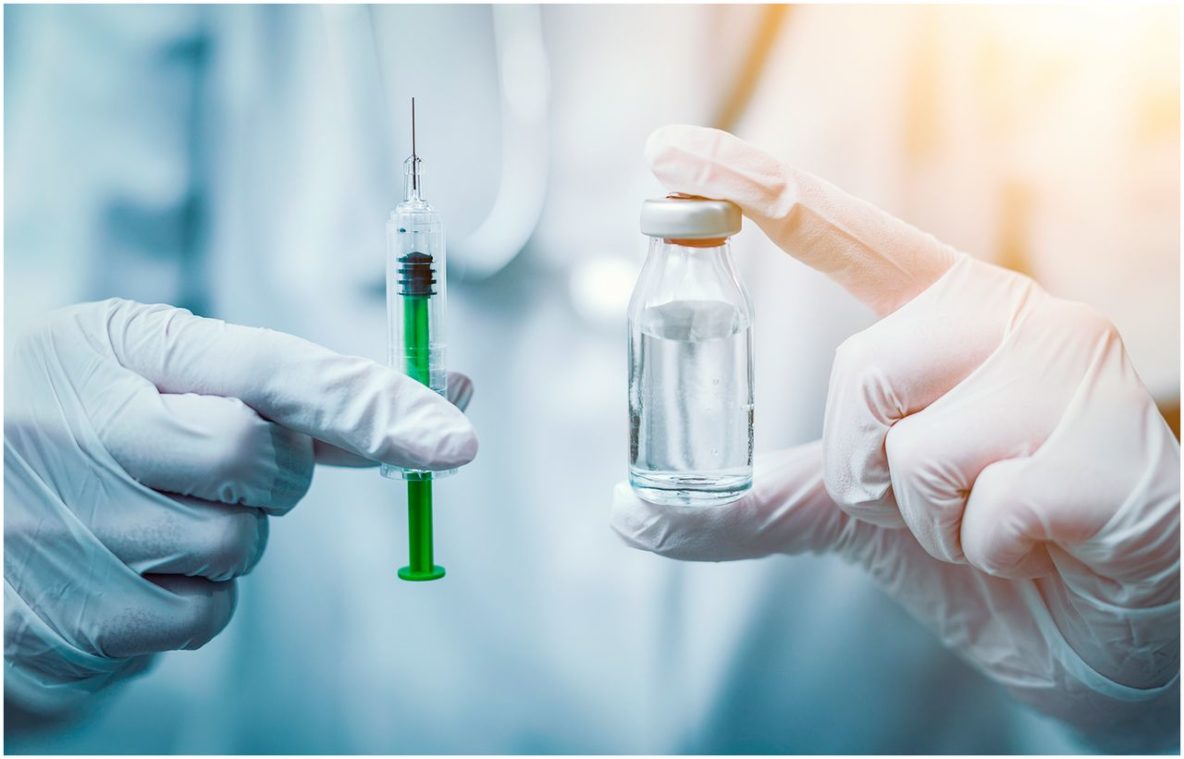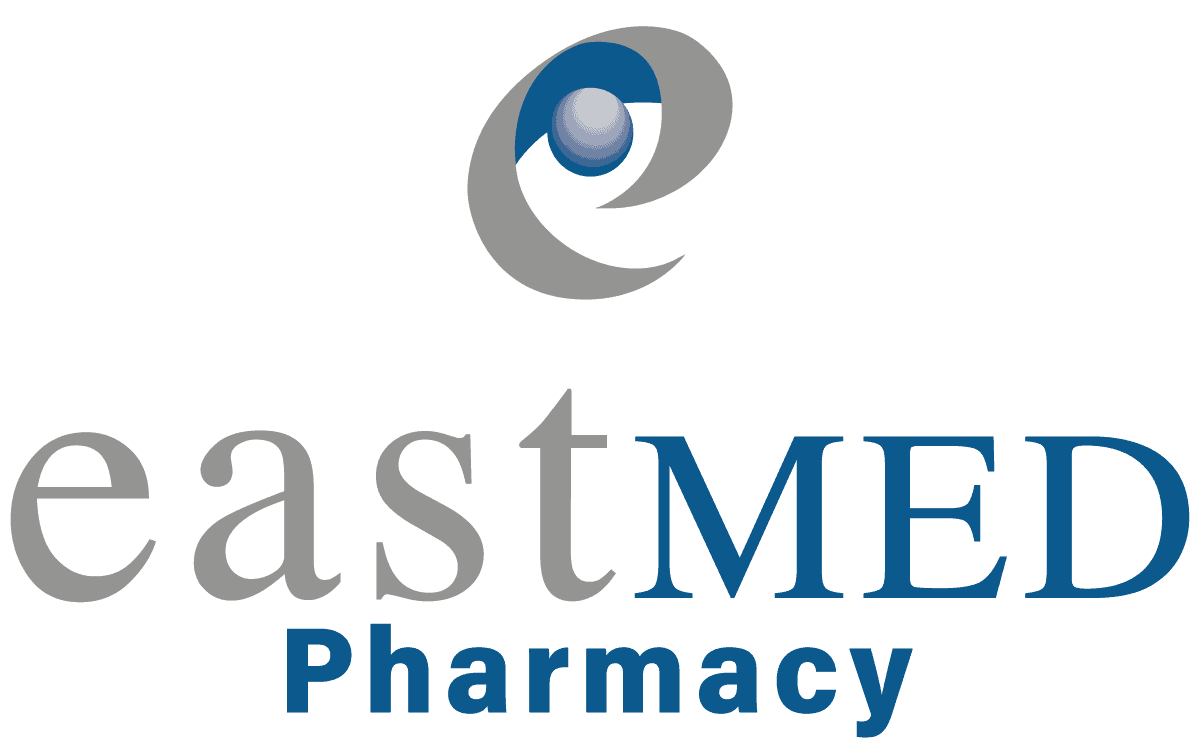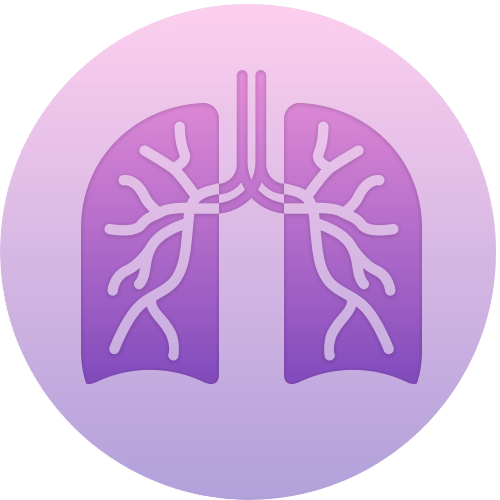The Unorthodox Way Of Testing A COVID-19 Vaccine

When a threat emerges just like COVID-19, healthcare systems around the world are usually the first to suffer and are left vulnerable when there is not a robust population health protocol in place to handle the potential catastrophe it may create. When tens of thousands of people are infected with COVID-19 and thousands are dying from it every day; it gives rise to a huge urgency to develop a safe and effective vaccine as fast as possible to create widespread immunity with minimal loss of life.
My last article discussed my concerns about the COVID-19 vaccine that Pfizer currently has undergoing phase 3 clinical trials. Many of you may wonder how can a COVID-19 vaccine be developed, clinically tested, manufactured, and projected to be available for distribution as early as the first quarter of 2021? How can we develop vaccines so quickly without compromising on safety?
These indeed are very good questions and to answer them, it helps to look at the bigger picture of how a vaccine typically gets developed.
Vaccine development can generally be split into three phases.
The first phase in the process is developing several potentially viable vaccine candidates in the lab where they will be vetted by testing in animals or human cells to first see if they are capable of suppressing the virus without causing significant harm – which is called the pre-clinical phase.
If one of the candidates passes this phase, it enters human clinical trials where it’ll be tested extensively for safety, efficacy, and side effects before it’ll be given a green light for licensing, manufacturing, and distribution to the public. This phase is usually the longest and the most time-consuming where a normal process would take years if not a decade to complete.
Human trials usually consist of three phases and each phase is responsible for testing a larger group of people than the previous phase. Phase 1 usually involves a small group of people (less than 100) and is responsible to test if the vaccine is safe. Phase 2 usually involves several hundreds of people and usually is the time where we will find out if the vaccine is effective or not. The last phase is Phase 3 and it is the most time-consuming, expensive, and most diverse part of the human trial where factors such as age, sex, ethnicity, comorbidities will be considered.
During a phase 3 trial, researchers will have to give tens of thousands of participants either the testing vaccine or a placebo. Then what follows is the process of waiting for months and even traditionally for years (if it was not because of the Emergency Use Authorisation fast-tracking the COVID-19 vaccine) to see how many participants from both groups eventually get the disease while they go about living their normal lives.
The entire clinical trial process of developing a vaccine usually takes 10 to 15 years. However, what we are seeing today with the Pfizer COVID-19 trial is that they are racing to compress this entire process into just 1.5 years.
The way they are doing it is by overlapping the different phases of the human trials so that they are conducting several different trials at the same time. Also, the manufacturing process is initiated while the vaccine is still being tested so that the distribution process can occur immediately after proving the vaccine works. To allow the potential vaccine to be available as quickly as possible, FDA is granting authorisation to allow the approval of any COVID-19 vaccines that can demonstrate a good short-term safety profile under an Emergency Use Authorisation. This bypasses the need to demonstrate safety for more than one year after vaccination as with the standard approval process.
Besides the speed in getting the vaccine into the market, another biggest problem with conducting clinical trials in such a short time frame during the peak of a pandemic is that the results can be affected by public health decisions.
For instance, researchers at Oxford University back in April had started planning to perform a large-scale Phase 3 trial of their COIVD-19 vaccine in the UK due to the surging number of new cases confirmed around the time. However, the number of confirmed cases has dropped significantly in July due to lockdown measures and COVID-19 restrictions like wearing masks and maintaining social distance. Normally it would be fantastic news. However, in terms of testing the efficacy of a vaccine, it meant that the UK would no longer a good place for it. This is because there’s simply not enough exposure for participants to get sick to know whether the vaccine is working, which is particularly a crucial part of the process of conducting a phase 3 human trial.
Based on those challenges surrounding phase 3 clinical trials, some researchers are starting to advocate a different and unorthodox way of obtaining meaningful data as fast as possible. Instead of waiting for the COVID-19 virus to eventually infect some of the tested population in the phase 3 trial, researchers deliberately infect a group of willing volunteers with the virus on purpose to test the safety and efficacy of the vaccine. This kind of study is called the human challenge trial. The human challenge trial can replace the phase 3 trial by incorporating a large-scale safety study afterward. This study can significantly shrink down the timeline of vaccine development and could potentially save thousands of lives due to the speed at which it can be conducted.
Although the human challenge study has been used successfully replicated in the past for the development of cholera, typhoid, malaria and influenza, there is a huge difference that makes it challenging for COVID-19. For all those aforementioned conditions, there is an effective treatment available when things go wrong.
The problem with COVID-19 is that there is currently no treatment available and hence limiting only healthy young adults and people with no long-term health conditions to participate in the trial. In other words, instead of having the luxury of recruiting a broad spectrum of people like in a typical phase 3 trial, a COVID-19 human challenge trial does not give us enough data to show its efficacy in a population outside the studied age group. Above all, the most important issue with a COVID-19 challenge study is the ethical validity of purposefully infecting a healthy individual. Even if ethical approval was granted, the safety of participants cannot be a guarantee as we do not know the full extent of damage COVID-19 may have on each individual’s health.
When it comes to developing the most important vaccine in the recent history of humankind, a balance must be maintained. It is the balance between patient safety and how desperate we are to have an effective vaccine. There is no doubt that we need a vaccine as soon as possible. A huge emphasis is placed on the speed at which an effective vaccine can be developed in creating a widespread immunity with minimal loss of life. However, it is also crucial not to lose sight of the importance of patient safety as it should above all else be defended against the political agenda or our ambitious goal.
To a fast and safe vaccine development,



















